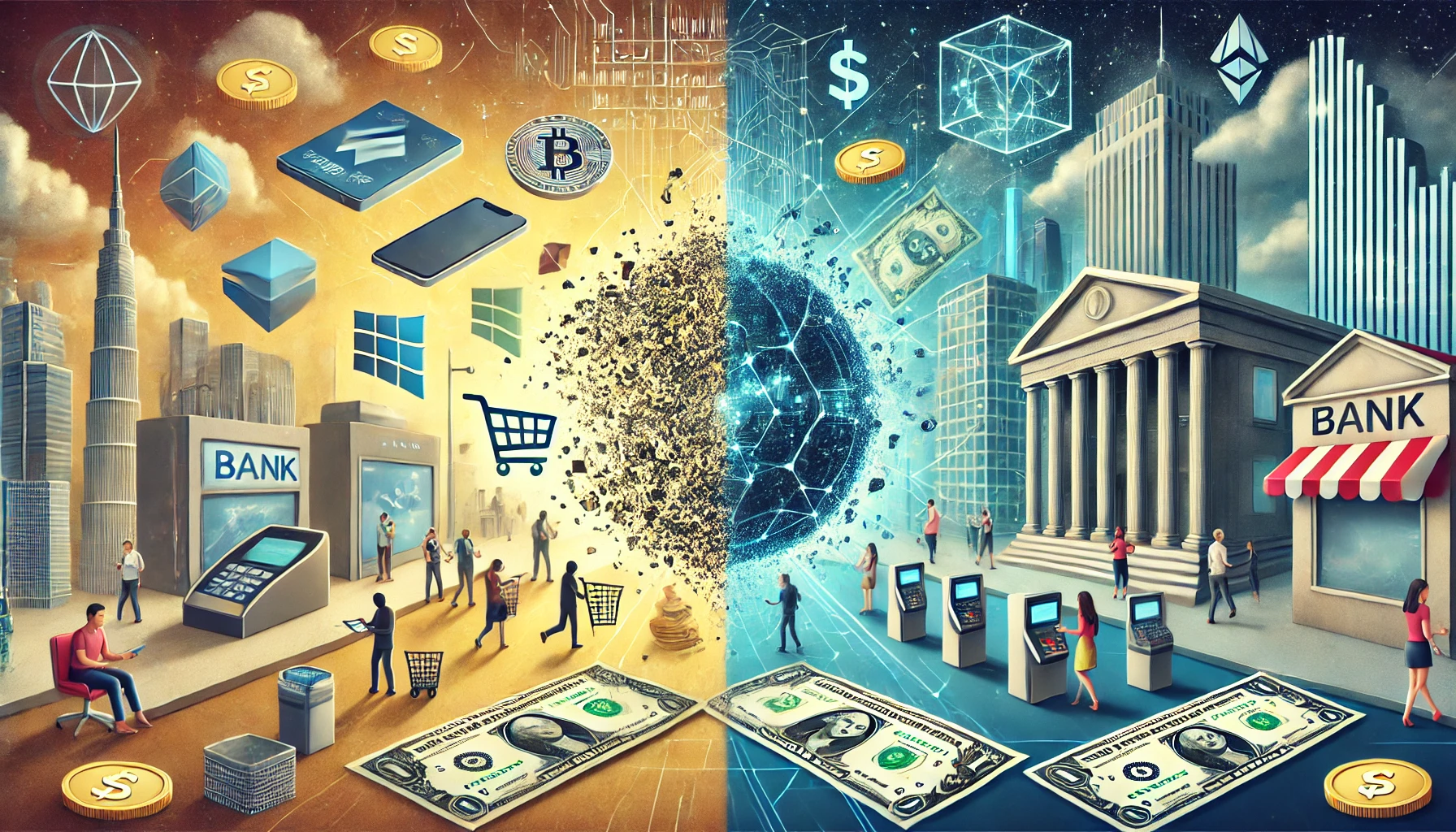The Future of Payments: Will Cash Disappear in a Fully Digital Economy?

The Rise of Digital Payments: Is Cash on Life Support?
Remember the days when we used to carry wallets stuffed with cash? Now, your smartphone or even your watch is more likely to be your go-to payment method. Whether you're tapping your phone at the grocery store or sending money through Venmo, cash seems to be fading away faster than a bad meme. Mobile payments, digital currencies like Bitcoin, and the rise of blockchain technology are challenging the reign of cold hard cash. But the big question remains: will cash completely vanish, leaving us in a world where every transaction is digital? Or is there still some life left in those paper bills we love to tuck into birthday cards?
Digital Payments: Convenience or Control?
Digital payments have become incredibly convenient. You can pay for your coffee with a tap, send rent money with a swipe, or even buy a house with a few clicks. But while digital payments offer ease, they also raise questions about privacy and control. When everything goes digital, your every purchase, from that midnight snack to your vacation splurge, is traceable. And who’s watching? Banks? Governments? Algorithms? The idea of a cashless society sounds sleek and efficient, but it also brings concerns about who holds the reins in a fully digital economy. Could we be trading convenience for control?
The Blockchain Buzz: Is It the Future of Currency?
You've heard the hype—blockchain, Bitcoin, and decentralized finance are poised to change the world of payments. Blockchain technology promises secure, transparent transactions that don't rely on traditional banks. It's like the wild west of finance, where everything is open, and no one needs a sheriff. But is blockchain really the answer to all our currency problems? While enthusiasts argue that digital currencies offer freedom from the big bad banks, skeptics point out the volatility and regulatory hurdles that come with these new payment methods. Can blockchain really take over, or is it just another tech trend that might fizzle out?
What Does a Cashless World Mean for Consumers and Banks?
For consumers, a cashless world could mean faster, more efficient transactions. No more counting out pennies at the checkout! But it also means relying entirely on technology to manage your money. For those who are less tech-savvy or live in areas with poor digital infrastructure, going fully cashless could be a headache. As for banks, they're being forced to evolve or risk becoming irrelevant. Traditional banks might need to compete with tech giants like Apple and Google, which are already offering their own payment systems. In this digital race, who will come out on top? The established banks or the new digital players?
Conclusion: Are We Ready for a Cashless Future?
So, is cash really on its way out? The truth is, we might be heading toward a future where physical currency plays a smaller role, but it’s unlikely to disappear entirely just yet. While digital payments and blockchain technology are certainly changing the landscape, there are still plenty of people who prefer the simplicity of cash. And let's face it, there's something satisfying about physically handing over a bill. What do you think? Are we ready to say goodbye to cash forever, or will it stick around as a backup for when the Wi-Fi goes out?



